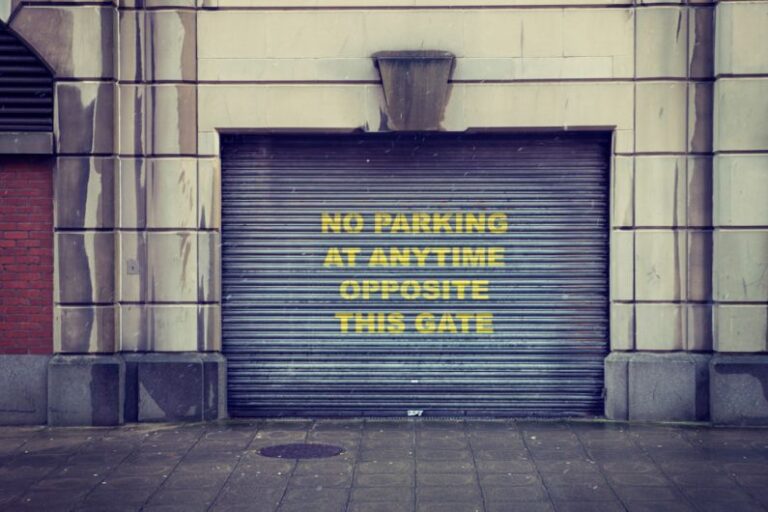
When it comes to purchasing a home, one of the key decisions you’ll need to make is how much of a down payment to put down. While it can be tempting to put down the minimum required amount, there are several benefits to making a larger down payment. In this article, we will explore the advantages of putting more money down upfront when buying a home.
Lower Monthly Mortgage Payments
One of the most significant benefits of making a larger down payment is the potential for lower monthly mortgage payments. By putting down a larger sum of money at the outset, you can reduce the amount you need to borrow, which, in turn, can lead to lower monthly payments. This can free up more of your monthly budget for other expenses or savings, providing you with greater financial flexibility in the long run.
Reduced Interest Costs
Another advantage of a larger down payment is the potential to save money on interest costs over the life of your loan. When you borrow less money, you pay less in interest over time. By putting more money down upfront, you can decrease the total amount of interest you will pay on your mortgage, ultimately saving you a significant sum of money in the long term.
Improved Loan Terms
Lenders often view borrowers who make larger down payments more favorably. By demonstrating your ability to save and manage your finances responsibly, you may be able to negotiate better loan terms, such as a lower interest rate or reduced fees. This can result in additional savings over the life of your mortgage and make homeownership more affordable in the long run.
Equity Build-Up
Putting down a larger down payment also allows you to build equity in your home more quickly. Equity is the difference between the market value of your home and the amount you owe on your mortgage. By starting off with a larger equity stake, you can increase your ownership in the property from the get-go. This can be beneficial if you ever need to tap into your home’s equity for things like home improvements, debt consolidation, or emergencies.
Avoiding Private Mortgage Insurance (PMI)
In many cases, borrowers who put down less than 20% of the home’s purchase price are required to pay for private mortgage insurance (PMI). PMI is an additional cost that protects the lender in case the borrower defaults on the loan. By making a larger down payment and reaching the 20% threshold, you can avoid having to pay for PMI, saving you money each month on your mortgage payment.
Improved Resale Value
Lastly, a larger down payment can also enhance the resale value of your home. When you have more equity in your property, you stand to gain more from any appreciation in the housing market. Additionally, a higher down payment can make your home more attractive to potential buyers, as it demonstrates your commitment to the property and may give you more negotiating power when it comes time to sell.
In conclusion, making a larger down payment when buying a home can provide a range of benefits, from lower monthly payments to reduced interest costs and improved loan terms. By carefully considering your financial situation and long-term goals, you can determine the right down payment amount for you and set yourself up for a more secure and prosperous homeownership experience.





